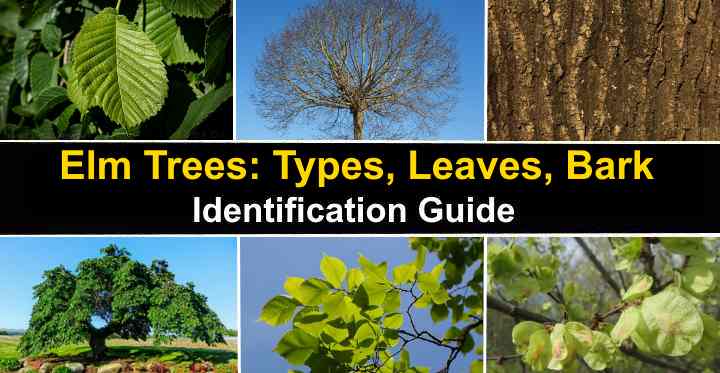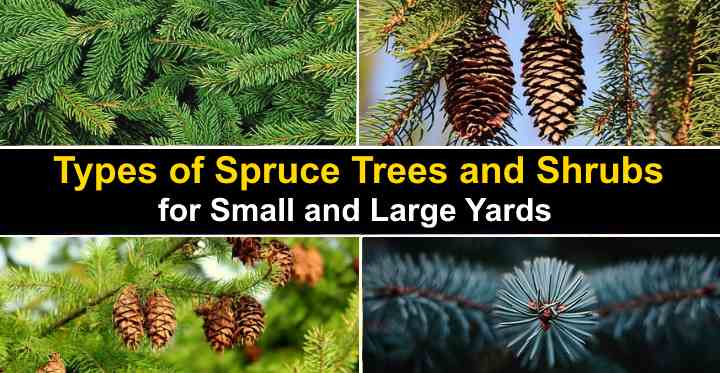Category Archives: Trees
Types of Elm Trees: Leaves, Bark, Seeds – Identification Guide (Pictures)
Types of Cedar Trees with Identification Guide (Pictures, and Name) – Including False Cedar Trees
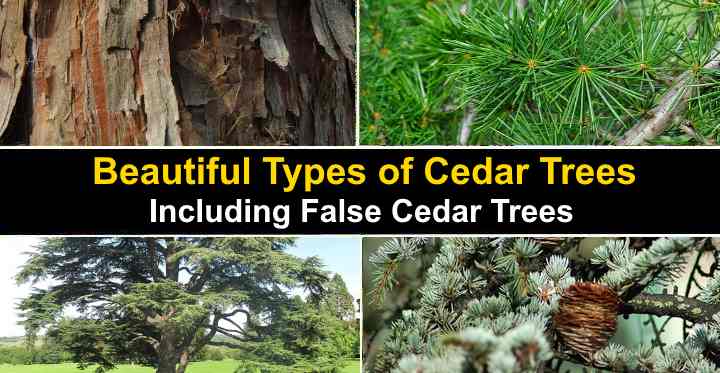
Cedar trees are large evergreen conifers that have needle-like leaves that are arranged spirally on scented woody branches. Cedars grow at high altitudes and thrive in full sun and well-draining soil. There are four species of cedar trees in the genus Cedrus, belonging to the pine (Pinaceae) family.
Types of Spruce Trees and Shrubs With Identification Guide (Pictures & Name)
The Best Privacy Trees: List of Great Privacy Fence Trees (With Pictures)

Privacy trees create lush living fences to help screen your backyard from unwanted prying eyes. If you’re looking for some of the best trees for backyard privacy, choose evergreen arborvitae hedging plants. Thanks to their soft, dense foliage, you can enjoy all-year privacy from your neighbors. Other types of popular trees for privacy are evergreen holly trees, juniper trees, cypress trees, and dwarf pine trees.
The Best Desert Trees with Pictures and Names
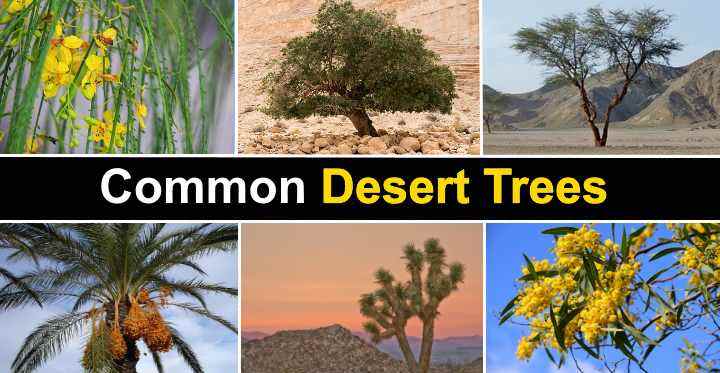
Desert trees tolerate harsh, hot, arid climates and still produce foliage and, sometimes, fruit. The desert biome is an ecosystem that typically has dry, sandy soil, and very little rainfall. Trees that grow in a desert environment need extensive root systems to absorb moisture and then store it in the trunk. If you live in a desert climate, growing suitable drought-tolerant trees in your backyard can give you needed shade from the beating sun.
Types of Coniferous Trees (Including Deciduous Vs. Coniferous Trees)
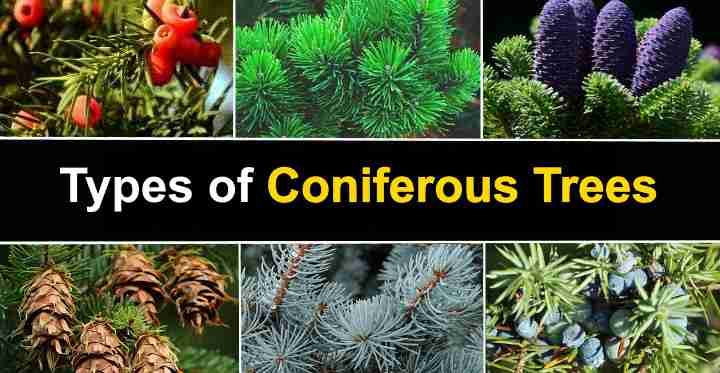
Coniferous trees are types of common softwood trees that are identified by pine-like needle leaves and seed-producing cones. Most types of conifers are evergreen trees, although some conifers are deciduous and lose their leaves in fall. Collectively, coniferous trees belong to the plant class Coniferophyta or Pinophyta. These trees are gymnosperms, meaning they have cone-bearing seeds. There are over six hundred species of conifer trees that are divided into eight families.
Types of Locust Trees with Identification Guide and Pictures
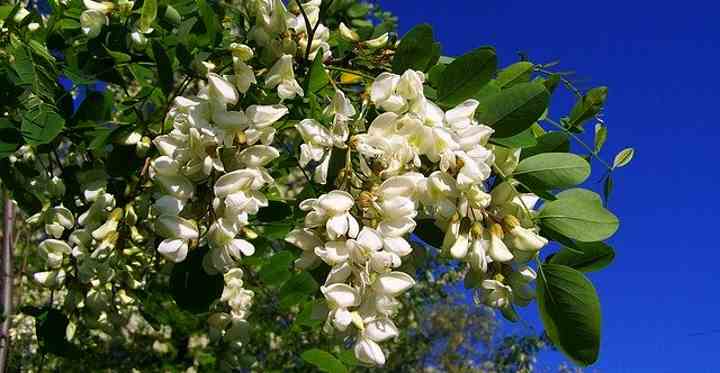
Locust trees are fast-growing flowering trees that belong to a family of flowering plants called Fabaceae. The most common types of locust trees are the black locust and honey locust tree. Locust trees are hardy trees that are known for their hard and durable wood, fragrant sweet spring flowers, and colorful fall foliage. Many varieties of locust trees have long sharp thorns and there are a few thornless species.
How to Choose The Best Type of Natural Christmas Tree
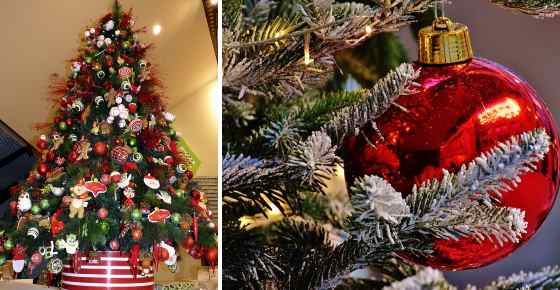
Christmas trees come in all shapes and sizes and most kinds have a fresh pleasant scent. Having a real, live Christmas tree at home becomes the focal point of the holiday celebrations. Fir, spruce, and pine trees are the main types of Christmas trees that are grown for the festive period. The perfect festive tree should have soft needles that stay on the tree for as long as possible.
Dwarf Fruit Trees to Grow Indoors or Outdoors with Pictures and Identification Guide
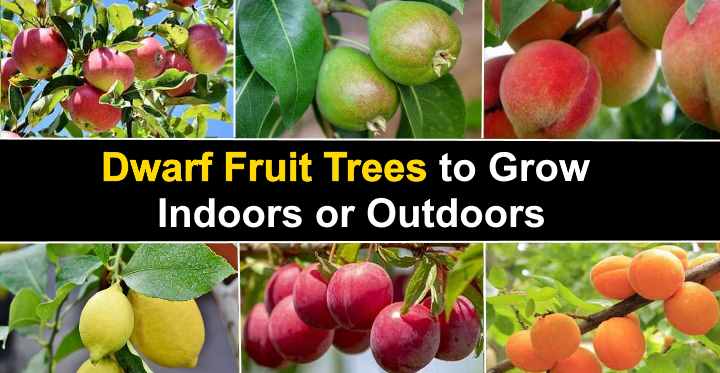
Dwarf fruit trees are the perfect choice to grow fruit in small, confined spaces. Dwarf and miniature fruit trees can grow in containers on balconies, patios, decks, or in small backyards. Dwarf apple, pear, plum, and cherry trees produce fragrant, colorful blossoms in spring. This is followed by fruit from the trees in the summer or fall. You can also find types of citrus, apricot, and peach trees that are dwarf cultivars.
Types of Willow Trees: Weeping Willows, Willow Shrubs, Dwarf Willows and More (With Pictures and Name)
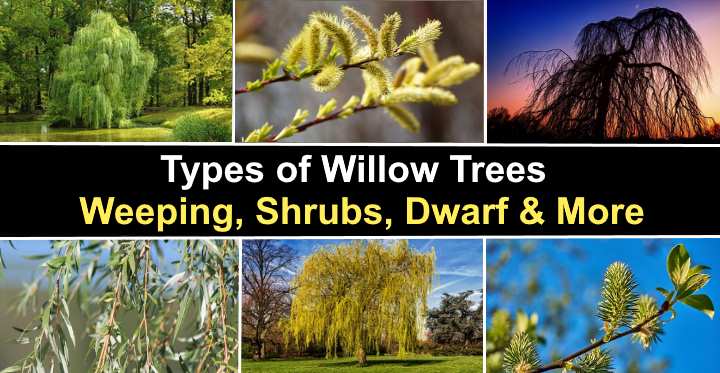
Willows include a wide variety of plants from large weeping willow trees to dwarf willows and low-growing creeping shrubs. All types of willows thrive in wet, boggy soil and some willow species also do well in dry soil. Willow trees and shrubs grow well in temperate and cold climates. Because of their graceful shape and elegance, weeping willows are popular landscape garden trees.

